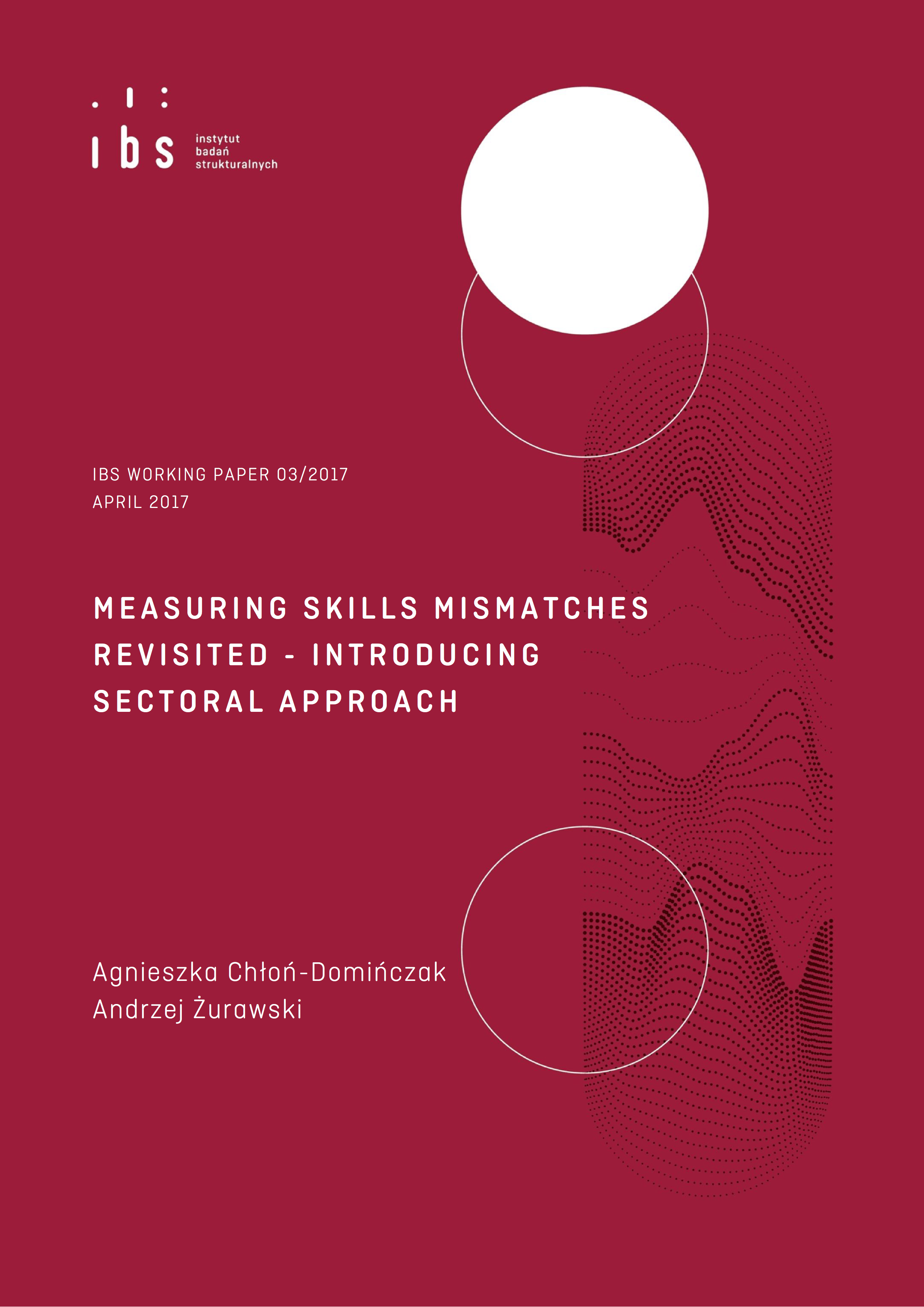Appropriate measuring of skills mismatches is necessary to create an adequate policy response. We analyse the existing evidence, in particular in large scale international surveys: Survey of Skills (PIAAC) and European Skills and Jobs Survey (ESJ). We find out that national, occupational and sectoral differences in the scale of the skills mismatch in Europe are equally important. We identified two main weaknesses of approaches to measuring skills mismatches: subjectivity of answers leading to incomparability of results from different data sets and heterogeneity in particular in sectoral and occupational characteristics, that appear to be more important than cross-national differences. We propose a potential methodological advancement in measuring skills based on defining core knowledge, skills and competencies at the sectoral level with the use of sectoral qualifications frameworks. We assess the usefulness of this approach in measuring the level of skills mismatch.
The authors would like to thank the participants and commentators on the Jobs and Development conference to their comments to the earlier version of this paper. This paper was financially supported by the Network for Jobs and Development initiative under the auspices of the World Bank. The usual disclaimers apply. All errors are our own.


